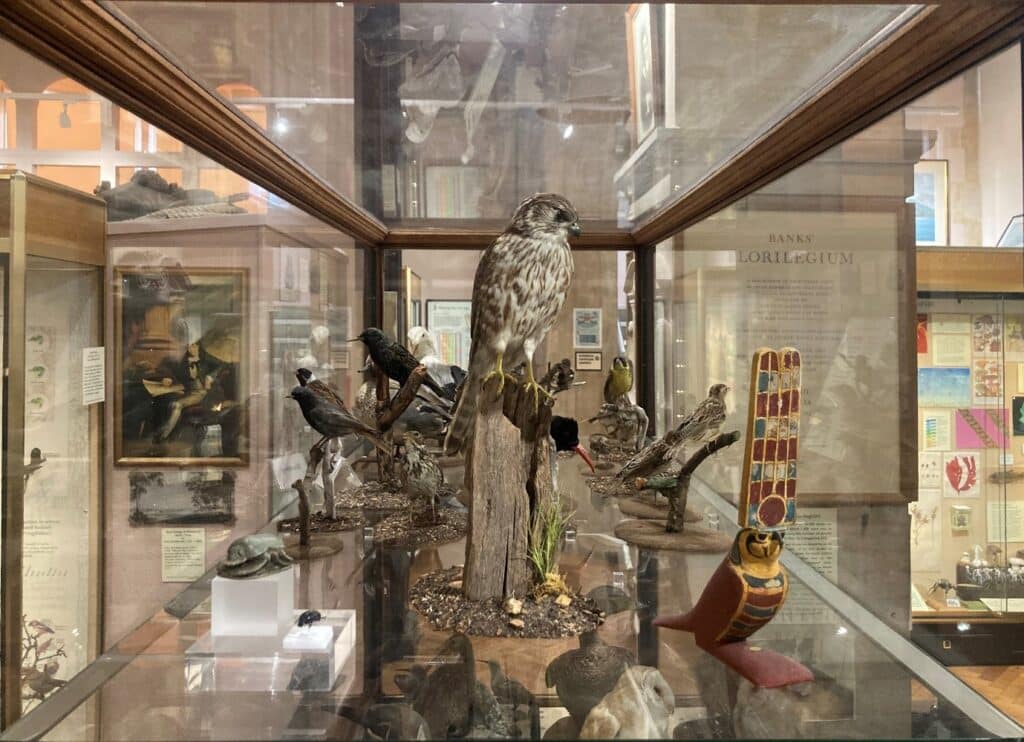Middle Eastern Society: Arabic Poetry Evening
On Tuesday night the Middle Eastern Society was treated by HAS to a guided tour of the diverse delights that are to be found in Arabic poetry. The occasion was an informal affair, appropriately reflecting the integral place of poetry in everyday Arab life, and there was Arab music and food to lend an added sense of authenticity to proceedings. Since most talk of Arab culture is about the years after the Qur’anic revelations and focuses on specifically Islamic themes, little is heard of the great Arab poets of the Jahiliyya (the pre-Islamic age), or, as the ever politically correct Mr Shirwani put it, Ancient Arabia. As such, it was a deeply informative experience to listen to (helped by translations) the poetry of ancient greats such as Imru’ al-Qays, Antara Ibn Shaddad and Amr Ibn Kulthum. What quickly became apparent were the oft-repeated, yet at the same time uniquely conveyed, themes of wine, lost love and (self-)glorification. The great strength of each of these poets appears to have been their ability to combine these apparently superficial (and often humorous) themes with deeper philosophical reflections. Having encountered some of the vainglory of the ancient poems, our earlier consideration of the Qur’an’s apparent criticism of poetry and the lifestyle of poets, which was somewhat troubling to Mr Omrani, gained a greater clarity; for we now understood Mr Shirwani’s assessment that the poets of the pre-Islamic age were the celebrities of the day. What the Qur’an was seeking to make clear was that it was not the work of a mere celebrity. Though we all appreciated the linguistic quality and imagery of the ancient poets, the poetry of Abu Nuwas, and his highly entertaining lampoons of the pseudo-nomadic poetry written by his contemporaries in 8th and 9th century Baghdad, was perhaps easier to identify with. There was a realism and forthrightness to Abu Nuwas’s poetry that was both comic and perceptive. Of particular amusement was his satire of the campsite motif adopted by the pseudo-nomads (poets from the cities who had never been to the desert but persisted in using desert themes taken from the ancients): ‘May God never dry the tears of those who cry over stones, nor ease the love pangs of those who yearn for tent-pegs’. Whilst there was too little time to dwell as long as we would have liked on the court poetry of al-Mutanabbi, the ‘Arab Shakespeare’, or the mystical poetry of the great Andalusian Sufi master, Ibn Arabi, the guided tour through the classics of Arabic poetry gave us an appreciation for that which we may have never before considered. The great power of poetry is its ability to cut through our rationality, and awaken within us a deeper emotion or sense of understanding. It is a testament to the power and richness of the Arabic language, and the genius of its great poets, that this is true as much for the ancient poets as it is for the mystics, for the great Abu Nuwas, and those of the modern era.
Fitzroy Morrissey KS



